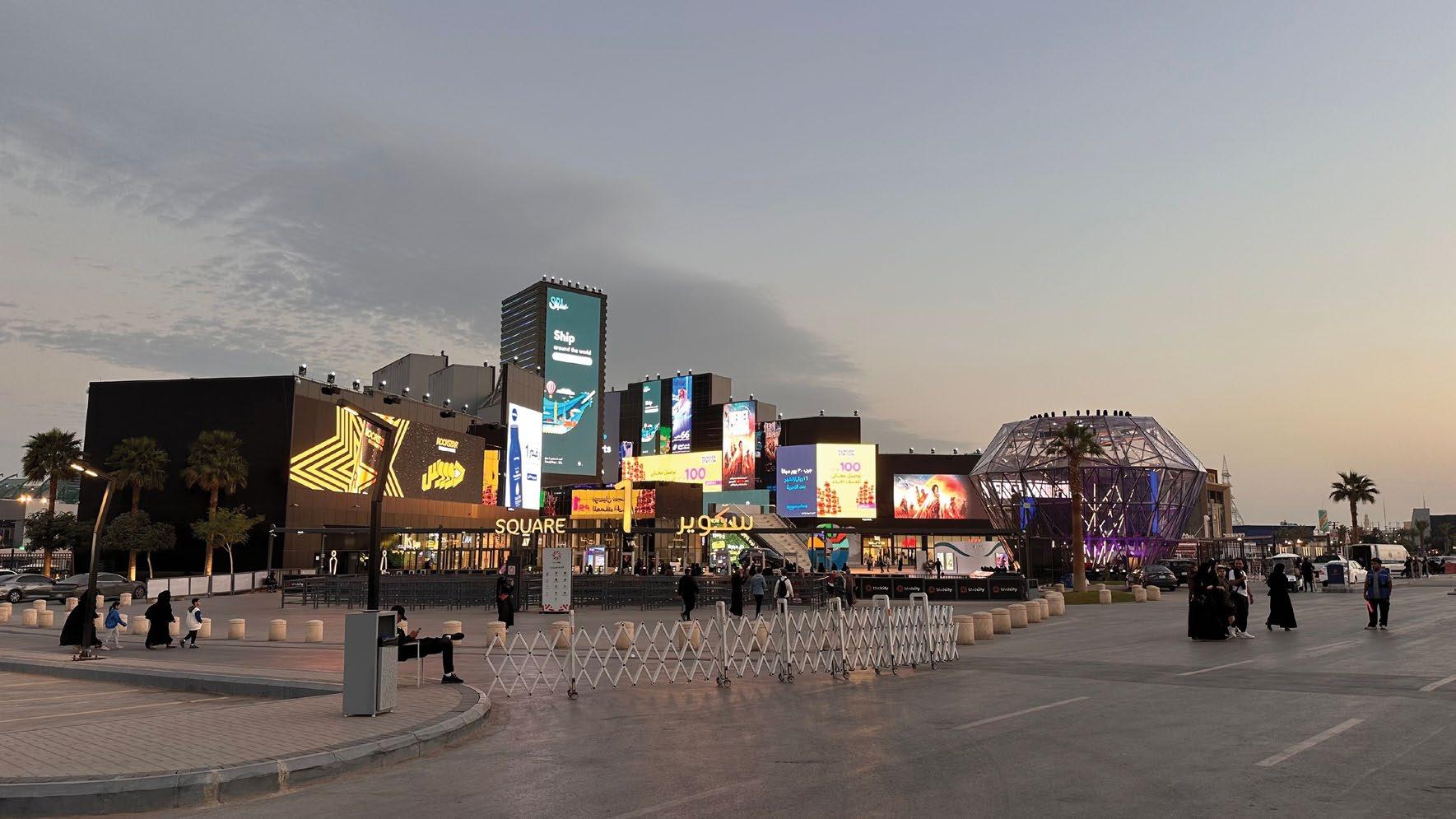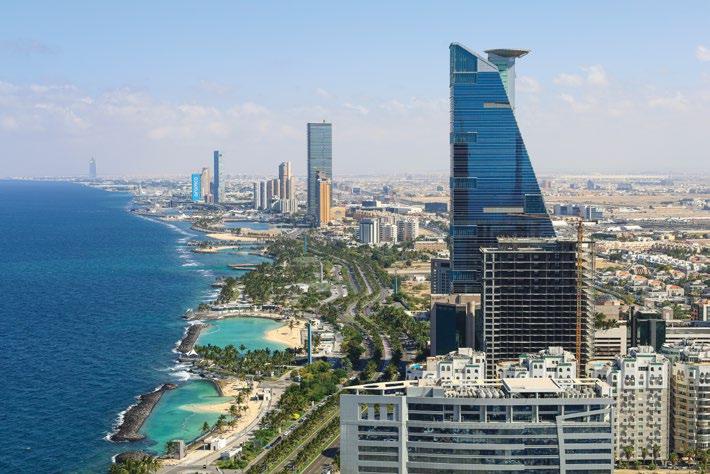







To date, certain countries have attracted the lion’s share of overseas investment into their residential markets: Australia, Canada, the United Kingdom, the UAE and the United States. These countries are all characterised by remarkably lenient regulations for foreign nationals wishing to buy real estate in their domestic markets. In the UK, for example, there are virtually no restrictions at all, neither geographic, nor residency, not sectoral, nor value. Controls exist only to confirm identity and to prevent money laundering.1 The USA, Australia and Canada are somewhat more restrictive – Canada even imposed a freeze on overseas purchases of residential real estate altogether in 2023 2
The UAE is similarly open although regulations differ between Emirates. For example, in Dubai the noticeable difference with Western jurisdictions is that – similar to the practice in Singapore – freehold ownership is only permitted to foreign nationals in designated areas.3
With its recent change in regulations, Saudi Arabia has now joined this select group of investment market destinations. The previous 2000 law allowed only nationals of the Gulf Cooperation Council and residents with work permits to buy on their own, and only residential property. The new 2025 law sweeps away these restrictions: all foreigners can now buy, even without residence, and all types of property.4 Many more locations are now open to foreign ownership, the monetary threshold for residency is likely to be reduced, and the approval process has been made much clearer and easier to navigate.
This is an unmistakeable signal that foreign capital is welcome in the kingdom. At the same time, an important measure of protection for citizens has been retained through designated reserved zones, as in the UAE. Safeguards against speculation have also been strengthened through capital thresholds and development regulations that set a minimum level of investment (currently SAR30m) and a timeline for completion of five years. International investors, law firms and commentators alike have all welcomed this new move. But what are the economic effects likely to be? How will the Saudi real estate market react?
The obvious hypothesis to test is the extent to which foreign investment affects domestic real estate markets. This could be through a one-off price effect, greater resilience to the effects of domestic economic downturns, or increased development. Studies in other markets have pointed the way to what might now happen in Riyadh. A recent study of the UK using administrative data found that foreign investment increases house prices, especially in high-end segments. It reduces affordability and does not stimulate construction, even in areas with flexible planning laws.5 This study, however, relied on overseas companies’ purchases as a proxy for all overseas investment; if it were possible to include purchases by individuals, the already high correlation observed between the level of foreign investment and house prices (0.7) might be even higher.
Facing similar difficulties in finding reliable data, other studies have used proxy measures – for example, using web traffic6 or name-matching techniques7 – to reach similar conclusions. A consultancy study made of house prices in Perth in Australia8 found that their trajectory was much smoother when measured in sterling rather than in Australian dollars, suggesting that imported capital was driving house price growth and that this growth faltered when the domestic currency appreciated against sterling.



No official data yet exists on the percentage of Saudi real estate owned by foreigners but, given the previous legal restrictions, it is almost certainly negligible. Even in jurisdictions where the percentage is significantly larger, the evidence suggests that domestic demand far outweighs foreign buyers as the source of house price growth. Over the next decade or even longer, the risk that foreign investors will be responsible for increased house prices in Saudi Arabia is therefore very low. Perhaps at the margin, investors in high-end residential properties will add to the domestic demand that is already propelling price growth in Riyadh in particular. Even this risk is counterbalanced by the benefit of future market stabilisation, and it is absent for commercial property, where the relaxation of foreign ownership is uniformly beneficial and supports the goals of Vision 2030 and beyond.
The challenge for the Saudi Government in the short to medium term is therefore to encourage foreign investment in the domestic real estate market, not to manage any potential adverse consequences for Saudis themselves. In any event, any such potential effects must already have been taken account of through regulatory vigilance. In meeting this challenge, the growing presence of professional advisers –qualified through the Royal Institution of Chartered Surveyors – who are capable of providing effective investment advice to foreign nationals will play an important role.


The Kingdom of Saudi Arabia’s housing market is poised to become a strategic engine for economic growth. Under Vision 2030, initiatives such as Sakani and PIF-backed developers like ROSHN, combined with urban redevelopment and shifting demographics, are creating a diversified, sustainable, and investor-friendly real estate ecosystem. With plans to open up foreign ownership more broadly in the coming years, Saudi Arabia is sending a clear signal to international investors, positioning itself as a dynamic market on par with mature regional hubs like Dubai.
Kevin Duffield Director, Head of Built Asset Consulting
Key Contacts


Dubai
+971 4 453 9525
Kevin Duffield
kevin.duffield@cavendishmaxwell.com +971 56 344 2177 / +966 59 496 3815
Julian Roche Chief Economist Cavendish Maxwell julian.roche@cavendishmaxwell.com


dubai@cavendishmaxwell.com
2205 Marina Plaza, Dubai Marina, P.O. Box 118624, Dubai, UAE
Abu Dhabi S harjah Ajman
cavendishmaxwell.com

Sean Heckford Director, Built Asset Consulting sean.heckford@cavendishmaxwell.com +966 53 674 0411
Ali Siddiqui Research Manager ali.siddiqui@cavendishmaxwell.com +971 50 877 0190

